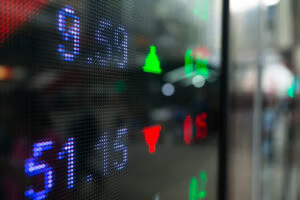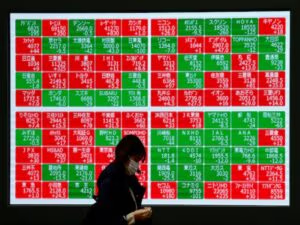Global oil prices surged more than 10% early Friday after Israel confirmed it had launched a military strike on Iran, raising alarm over potential disruptions to energy supplies from the Middle East, one of the world’s most critical oil-producing regions.
Brent crude and Nymex light sweet crude spiked to their highest levels since January shortly after the news broke, with Brent reaching $74.50 a barrel and Nymex climbing to $73.20 before both eased slightly by midday in Asian trading, still holding gains of around 7.5%.
The sharp jump in prices reflects market concerns that a broader conflict between Israel and Iran could threaten oil flows through key infrastructure and shipping lanes, particularly the Strait of Hormuz — a vital chokepoint through which roughly 20% of the world’s oil passes.
“The cost of crude oil affects everything from the price of food at the supermarket to how much it costs to fill up your car,” noted analysts, pointing to the global economic ripple effects of such volatility.
Simultaneously, traditional safe haven assets like gold and the Swiss franc rallied as investors sought refuge from geopolitical uncertainty. “Some investors see these assets as more reliable investments in times of uncertainty,” the BBC reported.
Energy markets are now focused on how Iran might respond in the coming days, with analysts warning of both de-escalation or a wider regional conflict. “It’s an explosive situation, albeit one that could be defused quickly as we saw in April and October last year, when Israel and Iran struck each other directly,” Vandana Hari, founder of Vanda Insights, told the BBC. “It could also spiral out into a bigger war that disrupts Mideast oil supply,” she added.
A worst-case scenario, analysts say, would be Iranian efforts to disrupt shipping or energy infrastructure, particularly in or around the Strait of Hormuz, which is bordered by Iran to the north and Oman and the UAE to the south. At any given time, dozens of oil and gas tankers navigate the strategic waterway, carrying vital energy supplies to global markets.
“What we see now is very initial risk-on reaction,” said Saul Kavonic, head of energy research at MST Financial. “But over the next day or two, the market will need to factor in where this could escalate to.”
The situation remains fluid as governments and energy traders brace for potential fallout from one of the most serious escalations in Israeli-Iranian tensions in years.






